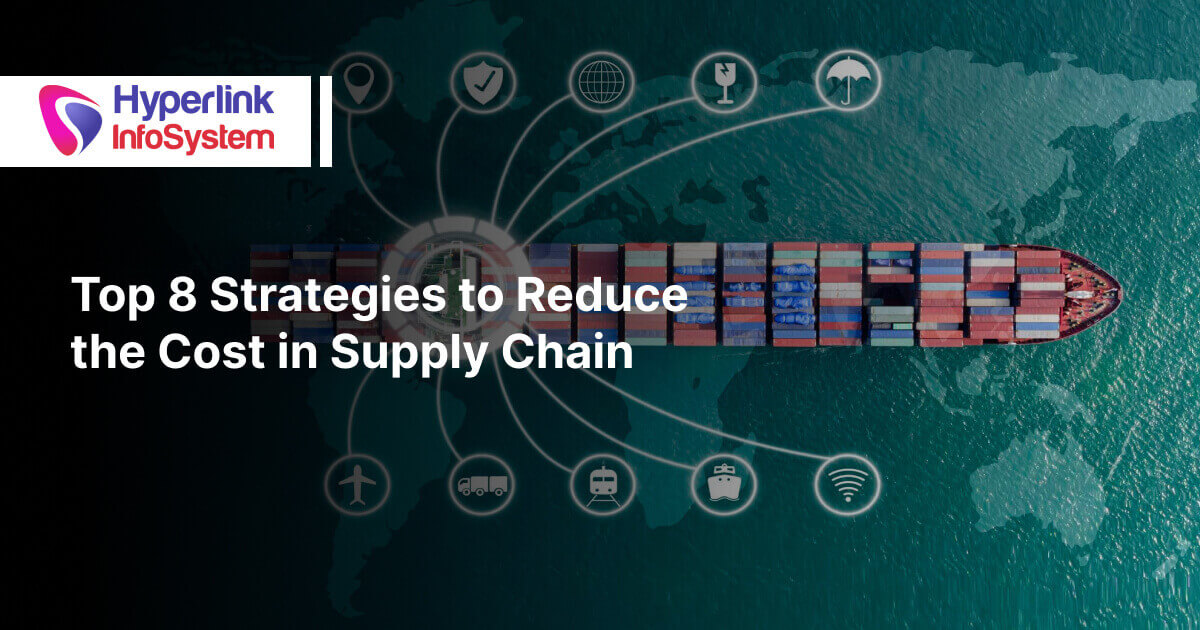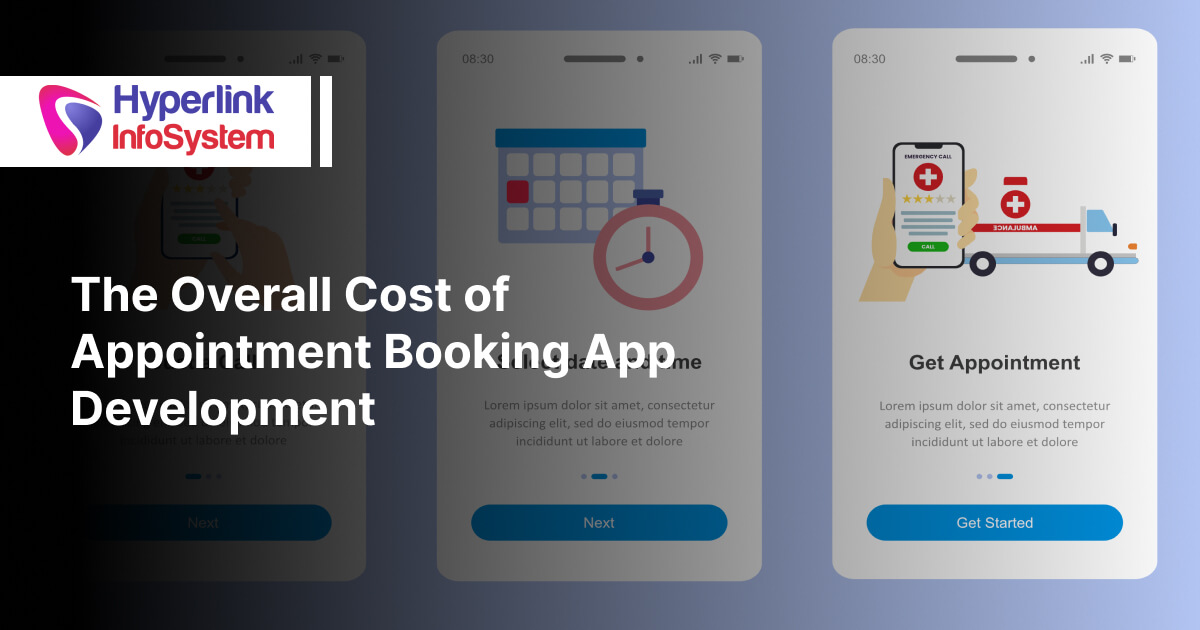Finance & Banking App Development
Mobile app for banking and finance
As in other sectors, digital technological innovation (or digitization) is changing the customer relationship with the banking industry: how the customer is informed, hires, invests, borrows money, manages their investments and pays. There are numerous data that show that the client is incorporating digital means to interact with his bank.
Why Customers Increasingly Using Digital Banking
- Traditionally, customers’ experience with banks has not been very good. Especially in retail banking where many customer interactions are tedious, complex and not very transparent.
- On the other hand, technology makes it possible to deliver these interactions in a much more convenient and rewarding way for the customer through digital channels.
- The deterioration of the banking image in the past financial crisis caused some customer segments to consider obtaining banking services from non-banking entities, which mainly use digital channels.
- A generational change is taking place with which new banking users, already born in the digital age, are used to using their mobile phones to satisfy any need, through easy-to-use applications with extensive functionality.
This digitization of the banking sector could lead to changes in the competitive landscape, in favor of those entities that know how to take advantage of its advantages:
- Enables new and better products and services (mobile banking, crowdfunding, loans peer-to-peer, new payment methods), giving the customer more choice to pay in physical or virtual stores, invest, make money borrow, make transfers, exchange currencies, manage your accounts, etc.
- Improve the customer experience, offering simpler, more convenient, agile and transparent interactions in digital channels. With apps developed by Hyperlink InfoSystem, it is possible to open checking accounts online in a few minutes, complying with all regulatory requirements for customer identification (KYC) and money laundering (AML). And some entities already offer this digital onboarding for SME clients.
- It reduces costs by moving interactions with clients from the physical channel to the digital channel both for contracting (where more and more functionalities are available in web and app environments) and for service (through self-service consultations or supported by chat-bots).
- Improve decision-making through intelligent use of data. Some fintech companies use data obtained from social media and other unstructured sources to assess credit risk in their loan operations.
Essential Features Of Banking And Finance Apps
- Cash back
- Tracking spending habits
- QR code payments
- ATM locator
- Intelligent chatbot for customer support
- Bank account management
- Simple yet secure sign-in
Aspects Of Finance To Integrate In Mobile Banking
- Accounting
- Mortgages / lending
- Corporate finance
- Wealth management
- Investment banking
- Personal banking
- Commercial banking
Main Areas Of Digitization In The Banking Industry
- Customer experience
- Open Banking
- Process automation
- Payments in real time
- Internet of Things
- Artificial Intelligence
- Blockchain
- Cybersecurity
Develop Mobile App For Banking And Finance In Canada
At Hyperlink InfoSystem, we focus on developing applications that are useful for our clients. We can help you with an app to help manage your finances. With the development of tons of apps with complex functionalities, we are best suited to develop smart contracts for your company. Our attention to detail ensures that we excel in all our projects and have excellent customers' ratings. We are always evolving, and we use the best technologies for every project.
Technologies For Finance And Banking
- Process automation: In a low-interest rate scenario, it is necessary to deploy new digital technologies that allow serving the lower-value customer segment more efficiently. Thus, Process Automation solutions using Robots (Robotic Process Automation or RPA) allow reducing human intervention in repetitive tasks and executing them at a higher speed, reducing costs.
- Cybersecurity: Trust is becoming a critical asset that differentiates winners and losers in the financial sector. However, building this trust is not an easy task: you need a strategic perspective, adequate resources, and an integrated operating model to manage operational risk effectively.
- Blockchain: Blockchain technology revolutionizes some financial services in capital markets, trade finance, consumer finance, or insurance. But it is in means of payment where its impact has been, so far, more relevant, allowing the creation of virtual currencies (or cryptocurrencies), as an alternative to traditional currencies, without centralized control of a regulator, on which still exists.
- Artificial Intelligence (AI): Several leading banking entities are developing solutions based on AI in various use cases, such as the adaptation of commercial offers, evaluating credit risk, or customer service without human intervention, through recognition of text and voice.
- Internet of Things (IoT or Internet of Things): Although at first glance, it seems that IoT is not very connected to the financial world. In the future, billions of smart devices will be able to decide, autonomously, when and how to make payments (e.g., appliances that pay for the purchase) or facilitate an interaction easier and faster between customers and the bank (e.g., wearables: smart garments or accessories).
Smart Contracts Are Revolutionizing Our Financial System
Decentralized finance is a FinTech trend that has the potential to fundamentally change the financial system. The basic idea behind the development of Decentralized Finance (DeFi) was to make sending money and granting credit as easy as sending a message - globally, independently of the institution and in real time. Because decentralized finance works completely without banks, payment service providers or other intermediaries are based on blockchain technology. Decentralized finance is not a specific individual project, but the generic term for a large number of ideas and projects that aim to create a new, decentralized, transparent and trustworthy financial system.
The Smart Contracts Principle Of Decentralized Finance
Bitcoin and Ethereum, both of which use blockchain technology, form the technical basis for decentralized finance. Ethereum enables so-called smart contracts thanks to an implemented programming language.
These are intelligent contracts that could already set payment conditions for a transaction, which would then be automatically entered into, without the intervention of third parties, if the agreed prerequisite was met. As a result, unlike the banking principle, the transaction is completely protected from manipulation by third parties.
Latest Blogs
Explore the Latest Blogs on Trends and Technology.
 +1 309 791 4105
+1 309 791 4105













































 +91 8000 161161
+91 8000 161161
